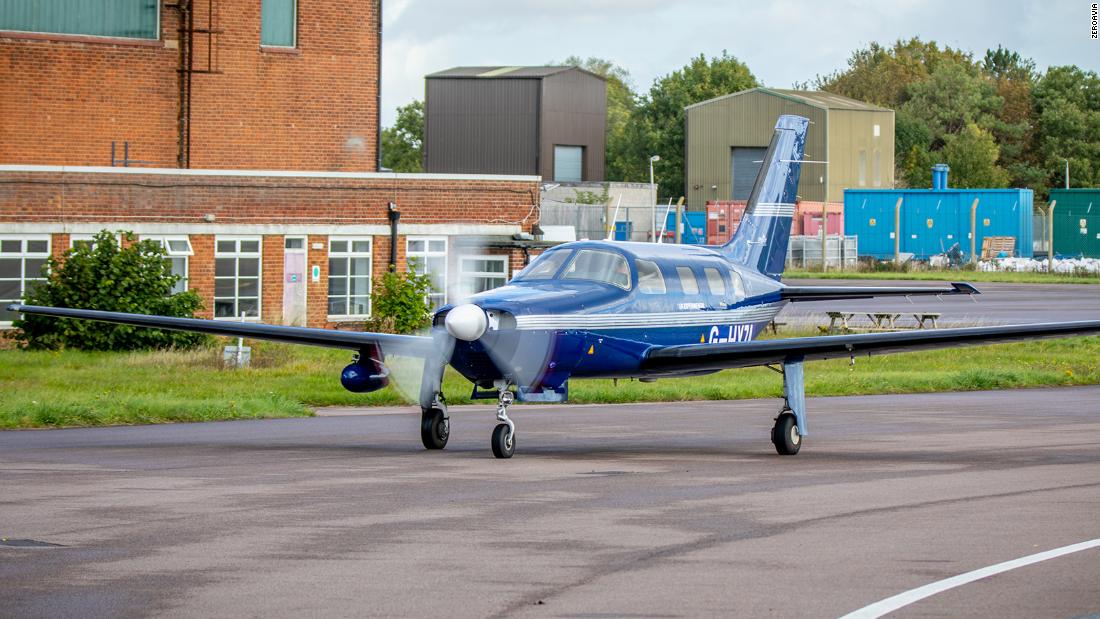
CEO Val Miftakhov said in a statement that “milestone achievements are closing the gap for the airline industry to begin its transition out of fossil fuels.”
“Both aviation and financial markets are waking up to the idea that hydrogen is the only significant path to large-scale, zero-emission commercial flight,” he added.
ZeroAvia completed the first flight of a commercial hydrogen-powered aircraft in the world in September, when a six-seater aircraft left its research and development facility in Cranfield, England, and flew for about 10 to 15 minutes. before landing.
He wants to go much further, saying Wednesday he expects a 250-mile flight (roughly the distance from London to Paris) in the next three months.
The company plans to market its technology as early as 2023 with flights of up to 500 miles on aircraft with up to 20 seats, which are typically used in regional aviation and freight transport. Over the next ten years he plans to fly more than 1,000 miles on planes with more than 100 seats.
Miftakhov said more than 10 airlines are preparing to implement the company’s technology by 2023.
“The zero-emission aviation power group of zero companies has real potential to help decarbonise the aviation sector, and we hope that this investment will further accelerate the pace of innovation to enable zero-emission air transport at scale, ”said Kara Hurst, Amazon’s vice president of global sustainability a statement.
Shell’s investment was made through Shell Ventures, which invests in renewable energy companies.